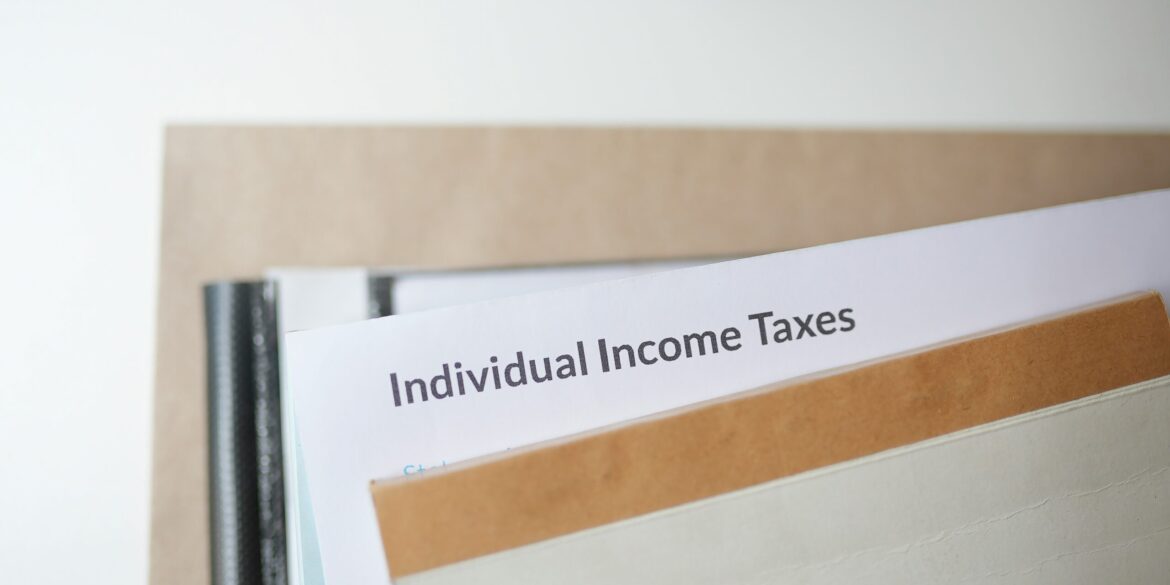Conservative lawmakers are once again urging for comprehensive tax reform as a means to boost economic growth, reduce the growing federal debt, and ease the financial burdens on American families and businesses. With concerns over the sluggish pace of economic recovery and rising national debt, many conservative leaders see tax reform as a critical solution to address these challenges. Their proposals focus on reducing the tax burden on both corporations and individuals while simplifying the complex tax system that many believe stifles innovation and growth.
A central component of the proposed reforms is the reduction of corporate tax rates. Conservative leaders argue that by lowering the tax burden on businesses, particularly large corporations, the government can encourage increased investment, job creation, and economic expansion. They assert that higher corporate taxes ultimately hurt workers and consumers, as businesses often pass on the increased costs through lower wages or higher prices. By making the U.S. tax code more competitive, they believe companies will be more likely to invest in the American economy, creating jobs and driving innovation.
In addition to corporate tax cuts, conservative lawmakers are advocating for the simplification of the personal income tax structure. Under the current system, critics argue that the complexity of the tax code makes it difficult for individuals to file taxes efficiently and accurately, leading to frustration and unnecessary costs. Simplifying the tax brackets and reducing the number of exemptions and deductions would, according to proponents, make the system fairer and more transparent. This change would not only reduce the administrative burden on taxpayers but also allow individuals to keep more of their income, which could stimulate consumer spending and contribute to economic growth.
Another key element of the proposed tax reforms is the elimination of regulatory barriers that hinder the growth of small businesses. Many conservative lawmakers point to excessive regulations as a major obstacle to entrepreneurship, particularly in industries where compliance costs are high or regulations are overly complicated. By rolling back some of these regulations, they argue, the government would provide small businesses with the opportunity to expand, hire more employees, and contribute to a thriving economy. This, they believe, would lead to a more dynamic job market and a reduction in unemployment rates, benefiting working-class Americans in particular.
In addition to these specific tax reforms, conservative leaders stress the need for a long-term strategy to reduce federal debt. The growing national debt has become a point of concern for many lawmakers, and they argue that tax reform, if implemented properly, could help generate the revenue needed to balance the budget. However, they caution that these reforms must be accompanied by spending cuts and a commitment to fiscal responsibility to ensure that future generations are not burdened by unsustainable debt levels.
While there is support for tax reform within conservative circles, the proposals are not without controversy. Opponents argue that significant tax cuts, especially for corporations and the wealthy, could exacerbate income inequality and lead to reduced funding for vital government services such as education and healthcare. Some critics also warn that the proposed tax reforms could disproportionately benefit the rich, without providing the same level of relief to middle and lower-income Americans.
Despite these criticisms, conservative leaders remain steadfast in their belief that tax reform is necessary for the country’s economic future. They argue that a simpler, fairer, and more competitive tax system will not only encourage economic growth but also help alleviate the financial strain on American families and businesses, leading to a stronger and more resilient economy in the long term.
In conclusion, the call for tax reform is a central issue for conservative lawmakers as they seek to address economic challenges and reduce the national debt. Whether or not these reforms will gain traction in Congress remains to be seen, but the debate over the future of the U.S. tax system is likely to continue for the foreseeable future.

